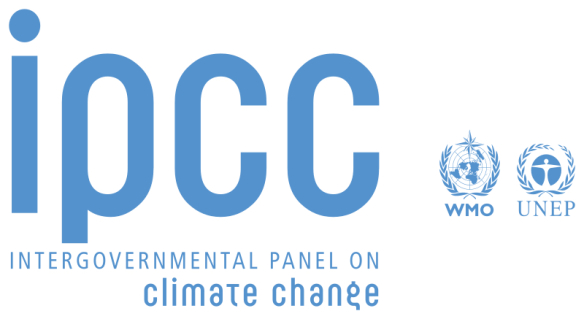
July 08, 2021 Thursday

MANILA, 9 July 2021 — The Philippine Climate Change Commission (CCC) called on developed countries to commit to more urgent and ambitious action to address the climate crisis as a leaked landmark climate report of the United Nations Intergovernmental Panel on Climate Change (IPCC) appears to warn of alarming impacts which may be closer than people expect.
““The developed world is most responsible for the climate emergency, but it is the developing world that is disproportionately burdened and bearing the brunt of climate change impacts. Our people must not just survive but also thrive amid the changing climate, and the commitment of developed nations to equitable and fair response and support to the climate vulnerable developing nations is key,” CCC Secretary Emmanuel M. De Guzman said.
The 4,000-page draft report of the IPCC, created to provide policymakers with regular scientific assessments on climate change, provides a comprehensive assessment of how climate risks will alter all life on earth, and warns that the planet is reaching climate tipping points—which, as scientists note, means the consequences will become unavoidable, and over time the impacts may be more dramatic, widespread, and devastating.
For instance, as the report notes, unlivable heat, ecosystem collapse, species extinction, widespread diseases, and cities buckling under rising sea levels are just some of the accelerating effects which are bound to be more obvious before a child born today turns 30.
It adds that tens of millions of more people are likely to face chronic hunger, while 130 million more could experience extreme poverty within a decade if inequality is allowed to deepen. Coastal cities on the “front line” of the climate crisis will see hundreds of millions of people at risk from floods and increasingly frequent storm surges made more deadly by rising seas.
Some 350 million more people living in urban areas will be exposed to water scarcity from severe droughts at 1.5 degrees Celsius of warming – 410 million at two degrees Celsius. The extra half-degree will also mean 420 million more people exposed to extreme and potentially lethal heatwaves.
“Life on Earth can recover from a drastic climate shift by evolving into new species and creating new ecosystems…humans cannot,” the draft report warns.
The scheduled release of the report would have been in February next year, or three months after the 26th Conference of Parties where global leaders and policymakers will gather to craft agreements on accelerated action under the goals of the Paris Agreement and the UN Framework Convention on Climate Change. The draft report provides a grimmer scenario compared to previous reports, and says that current levels of adaptation are inadequate to respond to impending risks.
The draft report also mentioned that climate change and global warming impacts are amplified by human intervention which includes losses of habitat and resilience, over-exploitation, water extraction, pollution, invasive non-native species and dispersal of pests and diseases.
It adds that while the effects of the crisis can no longer be averted, there are steps that must be taken to prepare communities for the impact and avoid worst-case scenarios. For instance, conserving and restoring blue carbon ecosystems like kelp and mangrove forests will enhance carbon stocks and protect against storm surges, while also providing wildlife habitats, coastal livelihoods, and food security. The report also mentions the need to shift to more plant-based diets, which could help reduce food-related emissions by as much as 70% by 2050.
Overall, however, the report warns that such shifts in isolation will not be enough.
“We need transformational change operating on processes and behaviors at all levels: individual, communities, business, institutions and governments,” the report says. “We must redefine our way of life and consumption.”